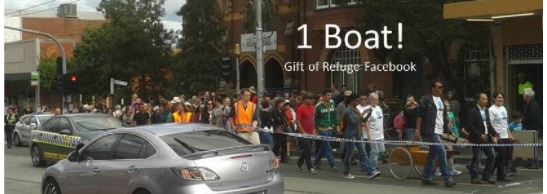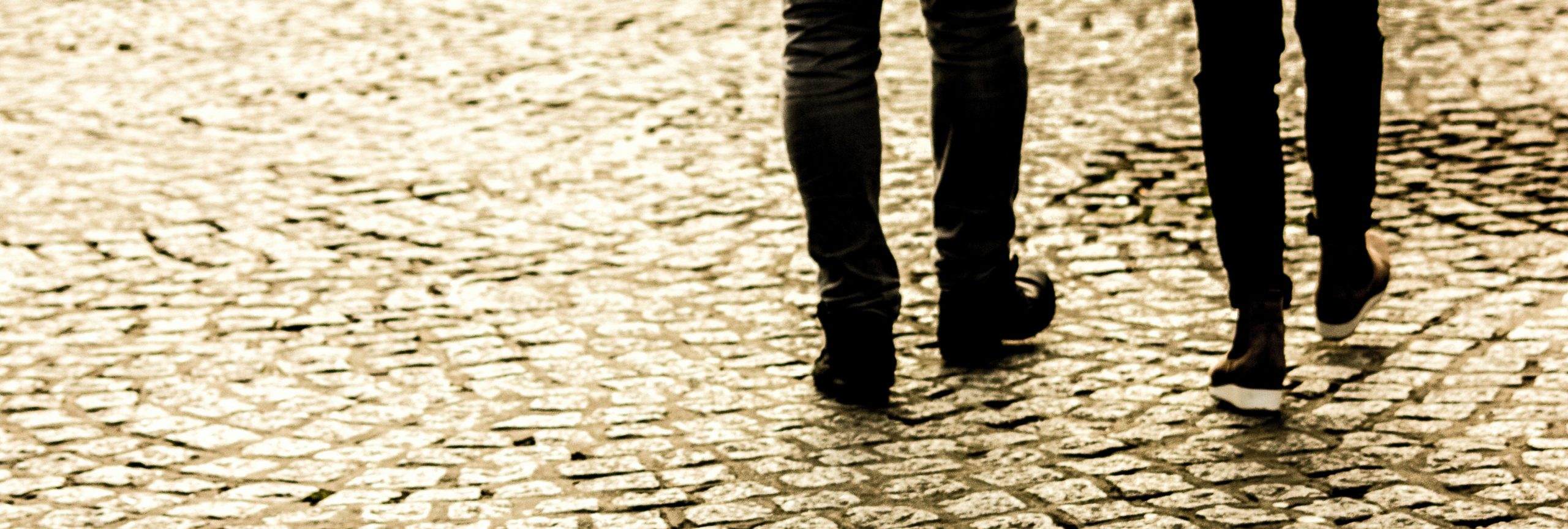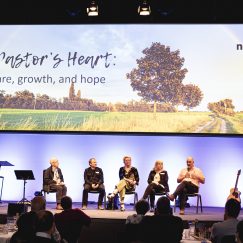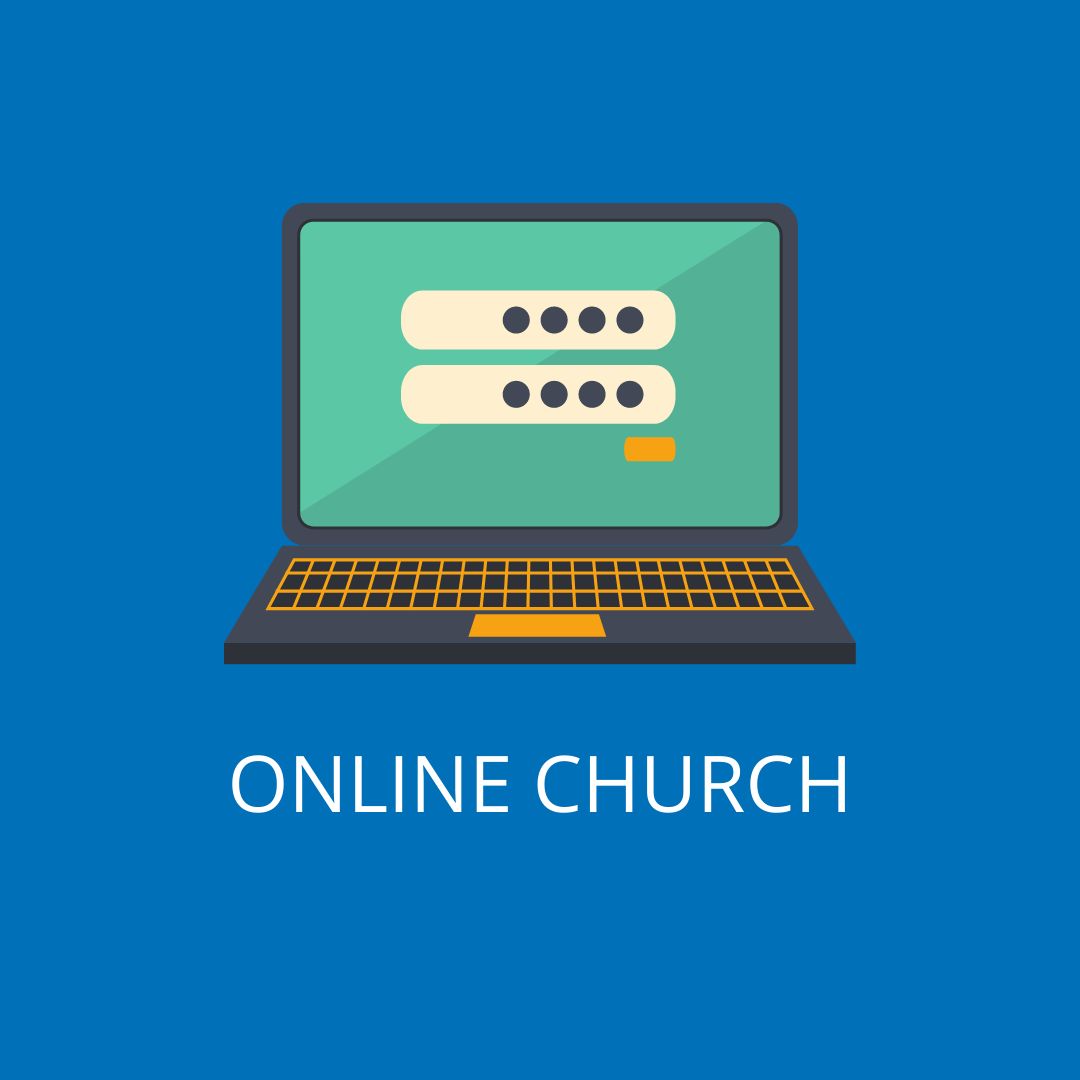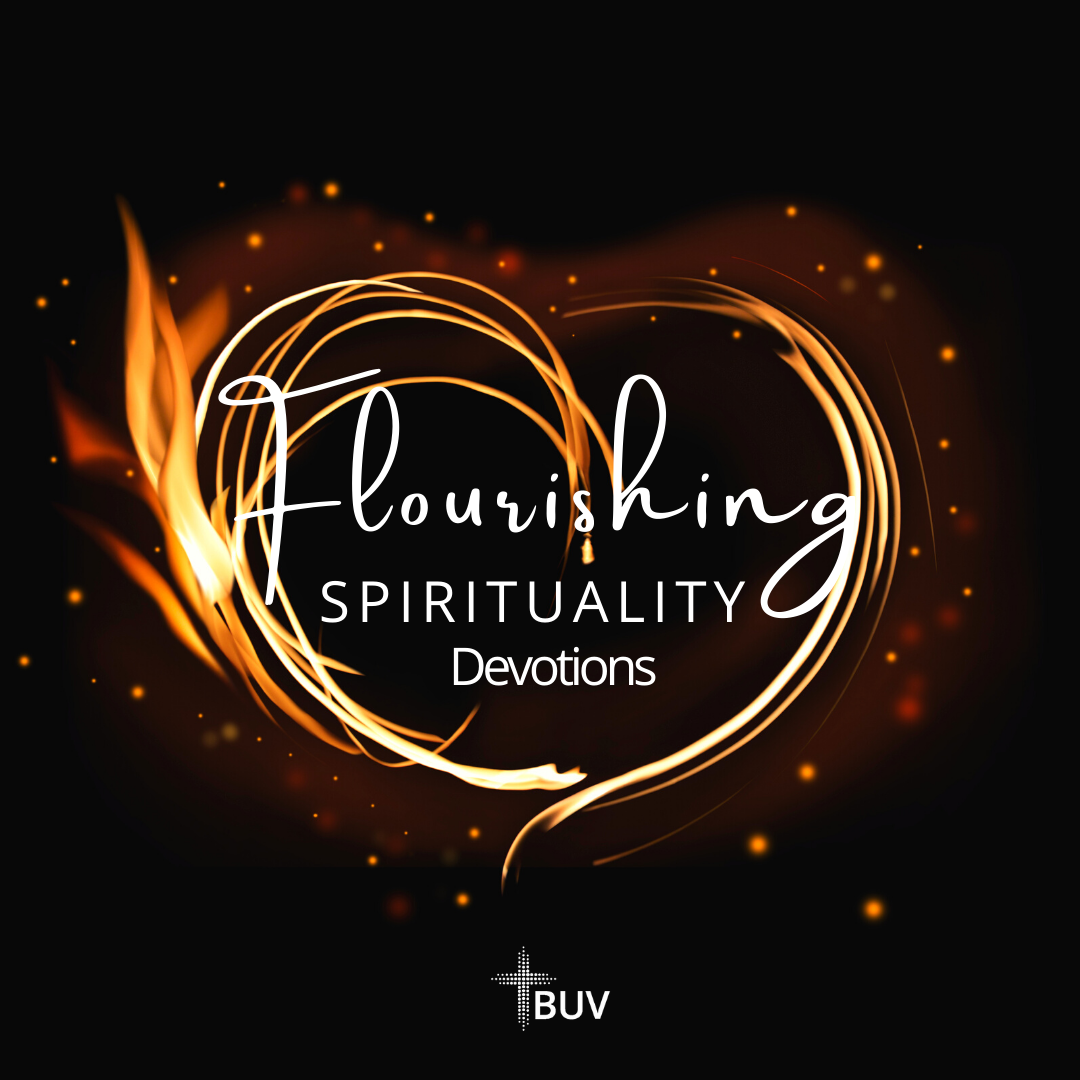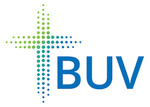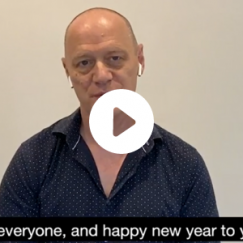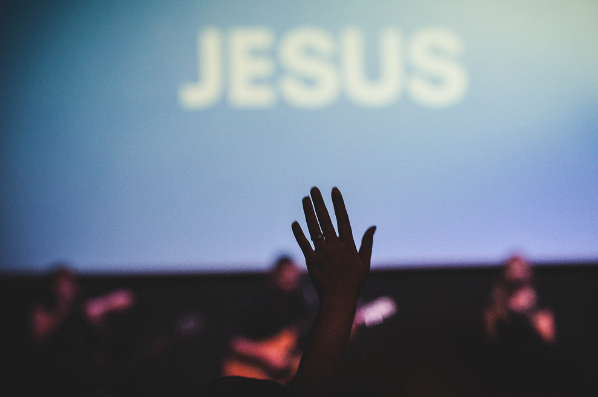18th August 2021
A story and reflection from Brunswick Baptist Church
Below is a reflection on the journey of Brunswick Baptist Church, and some of their learnings as they have found ways to support and learn from refugees and asylum seekers in their community.
By Mark Payne (Pastor at Brunswick Baptist Church)
See below for some practical ways that Brunswick Baptist Church supports asylum seekers
In early 2014 Tri Nguyen, the pastor of the Brunswick Baptist Church, along with a group of Iranian asylum seekers, walked over 600km from Melbourne to Canberra. Behind them they pulled a tiny boat, a replica of the one that carried Tri and his family to Australia decades earlier. The walk was not only an effort to raise awareness but a pilgrimage of gratitude, an opportunity for Tri and his companions to say thank you. Thank you for welcoming us, thank you for your hospitality, thank you for creating space for us to grow and thrive.
The walk is a touchstone for us at Brunswick. It reminds us of the long journey for those seeking asylum in Australia. Many wait in limbo for years for VISAs that offer little more than short term security. This process is made even more difficult as people wrestle with past traumas and the challenge of making their way in a new country, with its strange culture, customs, and language.
The small entourage who accompanied Tri on that remarkable journey have since moved on from our community, moving away and sinking roots in various neighbourhoods across Australia. In their place others have come, their legacy continuing and growing into the future. While their stories are different, they share many of the same challenges. In solidarity, our church community remains committed to a long history of support and ministry, ranging from English learning, bible study, and immigration support. In doing so, we create a safe space where trust and relationships can form and flourish. This is an important step in the journey… but it’s not the whole story.
To leave it at that would imply that the vulnerable among us have nothing to contribute to the life and direction of the church. Ministry is never a one-way street. One of our baptist distinctives is our shared belief in the Priesthood of all Believers. We are all mediators of the living God, and as such, share in the redeeming work of God in the world. Practical help is important. Learning English, studying scripture, and forming relationships all contribute to a strong foundation, from which opportunity and possibility can emerge. In many ways, this is the more difficult work.
Ministering to people can sometimes be easier than ministering with people. When we retain control we maintain power in the relationship. These power dynamics are always at play in churches, as they are in all communities from families to schools to sporting clubs. One of our deepest challenges is recognising this discrepancy, acknowledging it, and addressing it. We must take the imitation of Christ seriously, when the Apostle Paul encourages us (Philippians 2.5-8, NIV):
In your relationships with one another, have the same mindset as Christ Jesus:
Who, being in very nature God, did not consider equality with God something to be used to his own advantage; rather, he made himself nothing by taking the very nature of a servant, being made in human likeness. And being found in appearance as a man, he humbled himself by becoming obedient to death— even death on a cross!
This imitation requires those who traditionally wield power in our churches to humbly withdraw from spaces that they inadvertently dominate. It requires us to share our sacred spaces by sharing our sacred stories. At Brunswick we have tried to do this in simple and practical ways such as sharing scripture readings and congregational songs in people’s first language. This opens up a space that pushes against our dominant culture and language. It’s a small gesture with profound meaning, a simple reminder that God sees us in all our diversity and complexity, while we see but through a glass darkly.
By creating this space we provide room for it to well up with shared stories of vulnerability and lament, stories of triumph and joy, stories that bind us through our shared human experience. As we share these stories we build together a robust community of faith where God holds us in our difference. One example of this was when our friends from Iran led us in the celebration of Nowruz (Persian New Year). By leading our Sunday service, followed by a lovingly prepared feast, we were able to learn about the deep significance of the festival, its ancient connections with Christianity and Easter, and how connecting to our various cultural stories sustains us.
That small replica boat that Tri and his friends hauled to Canberra was meant to find its home in the office of the Prime Minister. It was designed to rest there as a symbol of the deep thanks that Tri and many others feel for the hospitality they were once shown… it never made it to the Prime Minister. Our journey as a church is similar. We walk together down a long road, but we too are yet to reach our destination. The act of self-emptying, of providing space for others, is a difficult one, but it’s one we remain committed to in our call to be a multicultural community grounded in Jesus.
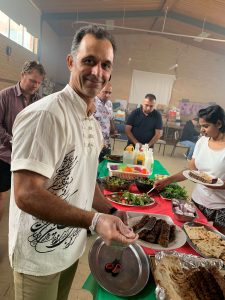
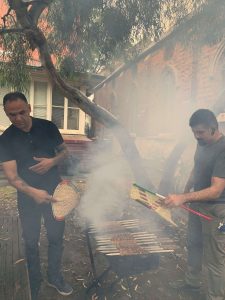
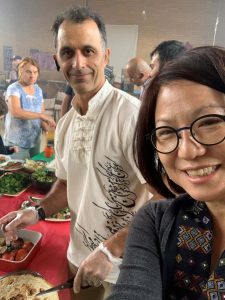
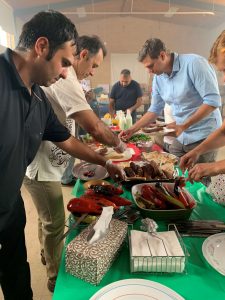
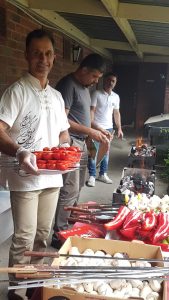
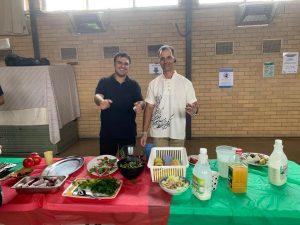
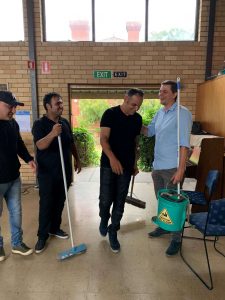
———————————————————————————————————————–
Some practical ways that Brunswick Baptist Church supports asylum seekers
As an intentionally multicultural church, there have always been some at Brunswick Baptist Church who are seeking asylum. Fifteen years ago, the Church started providing accommodation in the 8 bedroom church house. Later, Baptcare established Sanctuary, asylum seeker accommodation for single male asylum seekers on the property next door, which had originally been a Baptcare aged care facility.
- In the past the church employed a community worker for a few hours per week to coordinate the care of refugees. Some asylum seekers attend church and several have been baptised. Church members are involved in cooking and teaching, and the Iranians are on the roster for church morning tea. As Mark Payne describes is – this is a safe space where trust and relationships can form and flourish. This is an important step in the journey.
- Over many years a large number of Iranians have come and attend Omid, (Farsi for Hope), on Thursday evenings. A meal provided by the church (and cooked by the Iranians) is shared, with English language and Bible study weekly until COVID restrictions came into effect.
- In 1997, sewing classes for refugee women began. First for Somali refugee women, and now for women of various backgrounds called Multicultural Women’s Sewing Group. The sewing classes were free and offered two afternoons a week. Over many years, support has been raised from the church and from council grants to provide both a paid coordinator and a child carer. This has grown into an incorporated organisation supported by the Church (with space provided and volunteers), and they now even run online classes.
- Palm Sunday rally – a dozen of Iranians together with the people of Brunswick gather and walk in solidarity
- Pastor Mark Payne prepares for and attends tribunal hearings with asylum seekers and this is a strong ministry in immigration support and pastoral care.
- The community joined #ATimeForAHome campaign
- The church has been collecting food for Sanctuary and providing dinner once a month as a gesture of community building.
- The church has a public voice through the Gift of Refuge campaign (see the photo below). The pilgrims are leaving Brunswick on the way from Melbourne to Canberra to deliver the gift, a boat, as part of Tri Nguyen’s effort to say thank you to Australia for the gift of refuge that his family has received.
